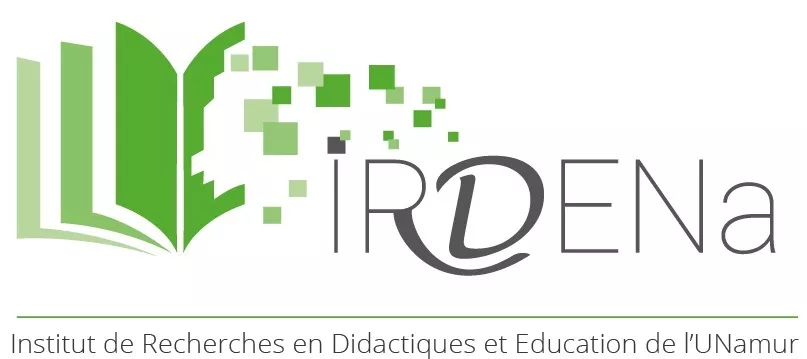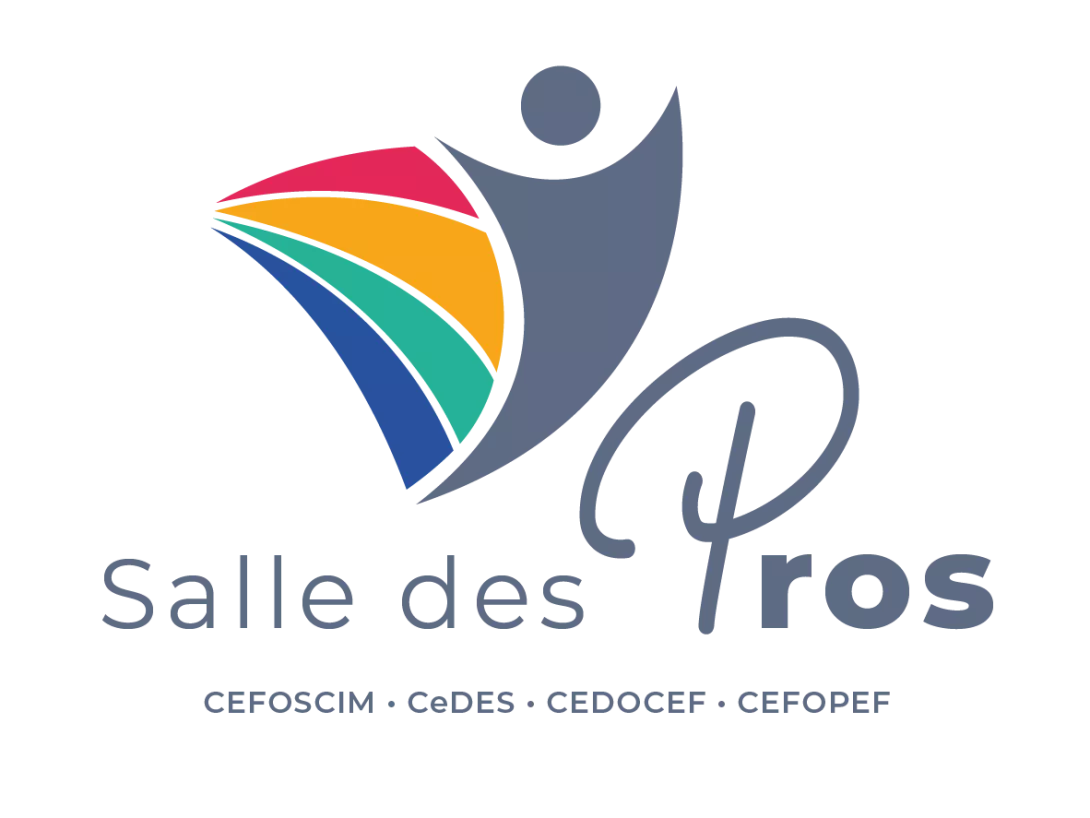From September 2023, the implementation of the Reform of Initial Teacher Education (RFIE) will lead to profound changes in the careers of future teachers. It is against this backdrop that the UNamur is strengthening and deploying its expertise within the new Faculty of Educational and Training Sciences (FaSEF).
It brings together researchers, coaches, trainers, educational psychologists, didacticians and technopedagogues to promote teacher training and coaching as well as research in the educational sciences.
In a context where the web provides resources for pupils and students, where social networks are spaces for life and exchange, the opening of a Faculty of Education and Training Sciences bears witness to an awareness of the societal challenges to be met in the coming decade. The University of Namur aims at making a lasting investment in facilitating access to information and knowledge, as well as putting it into perspective through a critical approach, supported and accompanied by trainers and teachers.
Renowned for the attention it pays to its students and the quality of the teaching methods it uses, the University of Namur has been involved for over 35 years in initial and in-service teacher training, as well as in teaching methods specific to higher education. It conducts cutting-edge research in these areas and offers a wide range of support services for students, future students, lecturers, teachers and all those involved in education. These skills are developed in particular through the activities of the Department of Education and Technology (DET) and thanks to the research carried out at the UNamur Institute for Research in Didactics and Education (IRDENa).
A faculty unique in Belgium
The FaSEF is the first faculty in Belgium to be mainly dedicated to initial and in-service training programmes for teachers, education managers and trainers in various professional sectors. It is open to all disciplines related to the world of education and training.
A faculty for training
The FaSEF offers a wide range of initial and continuing training opportunities in the field of teaching.
The first stage of its roll-out will take place in September 2023. The FaSEF will be organising a joint degree course with the Haute École de Namur-Liège-Luxembourg (Hénallux), the master's degree specialising in teacher training. This new diploma replaces the CAPAES in teaching sections, for those who teach didactics, pedagogy, and training in and through practice.
Who is it aimed at? What are the strengths of the training offered by UNamur? What will the programme be like?
Find out more about the new specialised master's degree in teacher education (in French).
In 2023, the FaSEF will also be a partner, alongside Hénallux, UCLouvain and IMEP, in fifteen new teacher training programmes in sections 1, 2 and 3. As the years go by and the RFIE is implemented, the FaSEF will continue to expand its range of training courses.
From 2025 onwards, it will offer a Masters '120' in Section 4 teaching and a Masters '60' in Section 5 teaching to replace the didactic master’s or the agrégation. They will be organised, in codiplomation with Hénallux, in the following disciplines: Mathematics, Physics, Chemistry, Biology and Economics.
From 2032, the FaSEF will open enrolment for the master’s degree specialising in teaching, sections 1 and 2, and the master’s degree specialising in teaching, sections 3, 4 and 5.
Eventually, hundreds of new students will be expected and welcomed at the University of Namur.
Finally, we should mention the extensive range of continuing education courses that the FaSEF will continue to provide and expand. These include "La Salle des Pros", which offers a new dynamic for continuing education for those involved in teaching at the University of Namur, a real crossroads between research and the field. It now brings together the four continuing education centres (Cedocef, CeDES, Cefoscim, Cefopef).
A faculty for research
Whether through the activities of the Department of Education and Technology (DET) or the IRDENA Institute, UNamur has for many years enjoyed genuine recognition in the field of educational research rooted in the reality of those working in the field.
UNamur's didactics and education researchers use an anthropologically inspired approach to understand the realities of the teaching profession and education managers, in a society riddled with contradictions and characterised by a sustained pace of change.
UNamur is also particularly well known for its research into the transition between secondary and higher education, and for its work on developing ways to help students succeed, such as the 'Passeports for bachelors' initiative.
With the creation of the FaSEF, new academics will be joining UNamur and will be able to strengthen this important research centre.
Find out more about the education research projects being carried out by the Department Education and Technology (DET) and the IRDENa research Institute.

A few figures
400
the number of new students expected at the FASEF from September 2023
12
academic staff will be hired in the coming years, as well as assistants and administrative staff
35
years of experience and expertise developed within the Education and Technology Department

